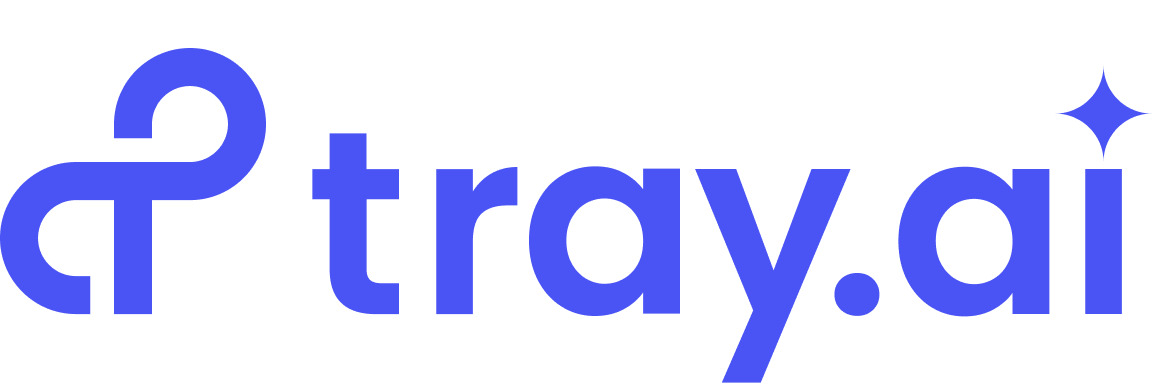Yugabyte DB 2.0 Ships Production-Ready Distributed SQL Database for Going Cloud Native
Distributed SQL database Yugabyte DB 2.0 is now in production release. It offers a cloud-native, open source way to transition from monolithic RDBMS to cloud-native architectures.
Adherents of Distributed SQL have another tool for their toolbox with the production release of Yugabyte DB 2.0.
Yugabyte SQL (YSQL) aims to delivers higher scale and throughout, with benchmarks finding it is 10x more scalable than maximin throughputs of Amazon Aurora cloud-based RDBMS database.
With Yugabyte DB 2.0, organizations looking to transition from monolithic RDBMSs and adopt cloud-native architectures, according to Yugabyte execs.
"Distributed SQL is the modern answer for any organization looking to adopt cloud-native technologies throughout their entire IT stack, including database infrastructure. With Yugabyte DB 2.0, developers can confidently transition away from monolithic databases without giving up the data modeling flexibility and transactional capabilities of SQL,” said Yugabyte CEO and co-founder Kannan Muthukkaruppan in a statement.
“We're excited to be enabling both large enterprises, and startups make the switch to distributed SQL, without making the large compromises that NoSQL databases demand,” he added.
Yugabyte DB 2.0’s open source database also “checks all the boxes” for performance, correctness and PostgreSQL compatibility, Muthukkaruppan noted.
In specific, the 100% open source Yugabyte DB 2.0 includes best-in-class PostgreSQL compatibility, Jepsen testing for correctness, and Blitzz-based Oracle-to-Yugabyte live migration utilities. In addition, new ecosystem integrations include GraphQL projects Hasura and Prisma, Rook.io and a variety of database administration tools.
Yugabyte DB 2.0's PostgreSQL-compatible features include support for both simple and complex data types, foreign keys, JOINs, distributed transactions with serializable and snapshot isolation levels, plus advanced functionality, like stored procedures and triggers.
Application development with YSQL is also simpler for developers thanks to the availability of “quickstarts” and drivers for the most popular programming languages, including Java, Go, Python and C++, Muthukkaruppan added.

One Yugabyte SQL adopter noted how the technology is helping deliver digital transformation projects. “We are evolving the technology stack at Kroger to meet the transformational needs of the business– to become a true omnichannel retailer in the food/grocery space,” said Sriram Samu, vice president for engineering and customer technology at Kroger in a statement.
In specific, Samu added that "Our stack has been redesigned to be cloud-native, microservices-based and running both on-prem and on public clouds. We have been testing and evaluating Yugabyte DB as the distributed SQL database running natively inside Kubernetes to power the business-critical apps that require scale and high availability and have been very impressed with its SQL feature depth and wire compatibility with PostgreSQL."
Features and benefits of Yugabyte DB
Yugabyte DB is a high-performance, cloud-native distributed SQL database. Some of its salient features and befits includes:
- A pluggable query layer with support for two Distributed SQL APIs: Yugabyte SQL (YSQL), a PostgreSQL-compatible fully relational API) and Yugabyte Cloud QL (YCQL), a semi-relational SQL-like API with documents/indexing support and Apache Cassandra QL roots)
- Horizontal write scalability, with strong write consistency and tunable read consistency (strong reads come by default with follower & observer reads as options)
- Resiliency thanks to native failover and repair which can tolerate disk, node, zone and region failures automatically
- Supports for geo-distributed deployments (multi-zone, multi-region, multi-cloud)
- Built-in enterprise-class features and support for distributed backups, in-flight/at-rest encryption and read replicas (for observer reads)
- Flexible deployment, with support for public clouds as well as deployment natively inside Kubernetes
- Support for massively-scalable, globally-distributed, cloud-native applications that require absolute data correctness and high tolerance to failures
For developers looking to build event-driven systems using Apache Kafka, Yugabyte is currently beta testing change data capture (CDC) capabilities. Two-region deployments in multi-master and master-slave configurations are available as beta features.
Yugabyte SQL 2.0 debuted at the Distributed SQL conference which held last month in California. It is a 100% open source under the Apache 2.0 license






